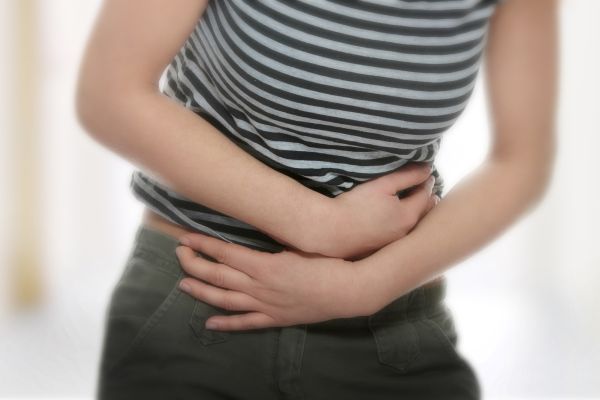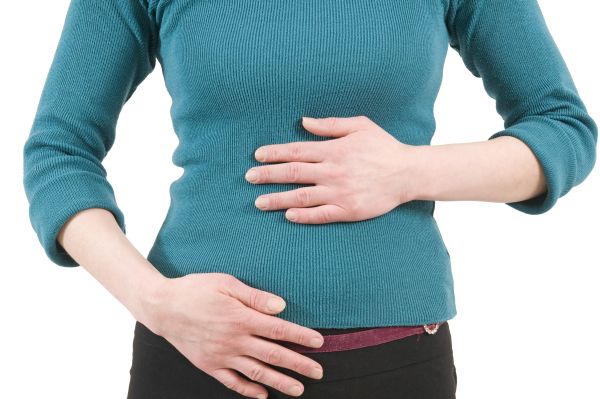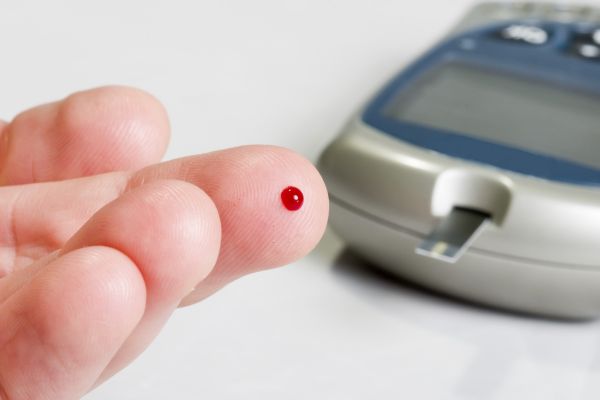Irritable bowel syndrome (IBS) is a growing medical condition amongst adults aged below 40 these days. Approximately 55 million Americans and 15% of the Australians have shown this disorder. Existing commonly amongst women, it is a problem of the pain caused in the abdomen and changing bowel habits (varying frequency/stool forms).

It is not a grave issue or leads to any serious health problems such as ulcerative colitis, colon cancer or Crohn’s disease. It also does not affect the heart or nervous system. However, it affects the lifestyle of an individual. It has been seen that IBS people work three times lesser than those not affected by it. It leads to alterations in working shifts, absenteeism from work or studies, etc.
Symptoms
- Diarrhea
- Constipation
- Alternate feeling of the above symptoms
- Pains in the abdomen, generally aggravated after meals
- Formation of gas
- Alteration in the stool forms (hard/loose)
- Swelling in the abdomen
- Urinary symptoms (occurs in some individuals)
- Sexual problems (rare possibility)

Causes of IBS
IBS has been an old problem; however, the causes have yet not been understood absolutely.
- Some experts ink it as a bowel motility problem (abnormal contraction of the bowel muscles that affect the stool movement). While others state that this problem does not necessarily lead to IBS, as the drugs given to recover the motility problem have not cured patients with IBS problem.
- Bowel muscles spasms lead to symptoms of IBS, namely diarrhea/ constipation. Also, substances that create nerve signal transmissions in between GI tract and Brain can also be a cause for IBS. For example, motilin, gastrin, serotonin, etc.
- Hormonal imbalance and emotional stress that is a regular occurrence amongst women can also be a cause.
- IBS can also be aggravated because of the intake of certain foods or medicines. Moreover, regular gas or motions can also be a cause.

Diagnosis
- Allergies of food and bad dietary habits like lactose intolerance
- Drugs for high blood pressure, inducing iron or antacids
- Infections
- Enzymatic deficiencies of the pancreas
- Inflammation in bowels leading to Crohn’s disease or ulcerative colitis

Tests performed:
- Flexible sigmoidoscopy or colonscopy to examines intestinal inflammation or obstruction
- Upper endoscopy to check heartburn or indigestion
- X-ray
- Blood test
- Stool test
- Test to check intolerance of lactose or gluten allergy
- Test to check the problems in bowel movements

Treatments:
Lifestyle of patients needs to be altered to lessen the IBS problem. These include, avoiding smoking and caffeine intake, increasing fiber proportion, drinking 3-4 glasses of water, and exercising.

Drugs required:
Drugs needed to avoid aggravating the problem are antispasmodics, Zelnorm, Linzess, Antidepressants, Laxatives, Bulking agents and anti diarrheal medications.
Summary:
IBS can be prevented by changing your lifestyle and proper intake of food in your every day diet. It is not hazardous; however, we cannot ignore it either.


